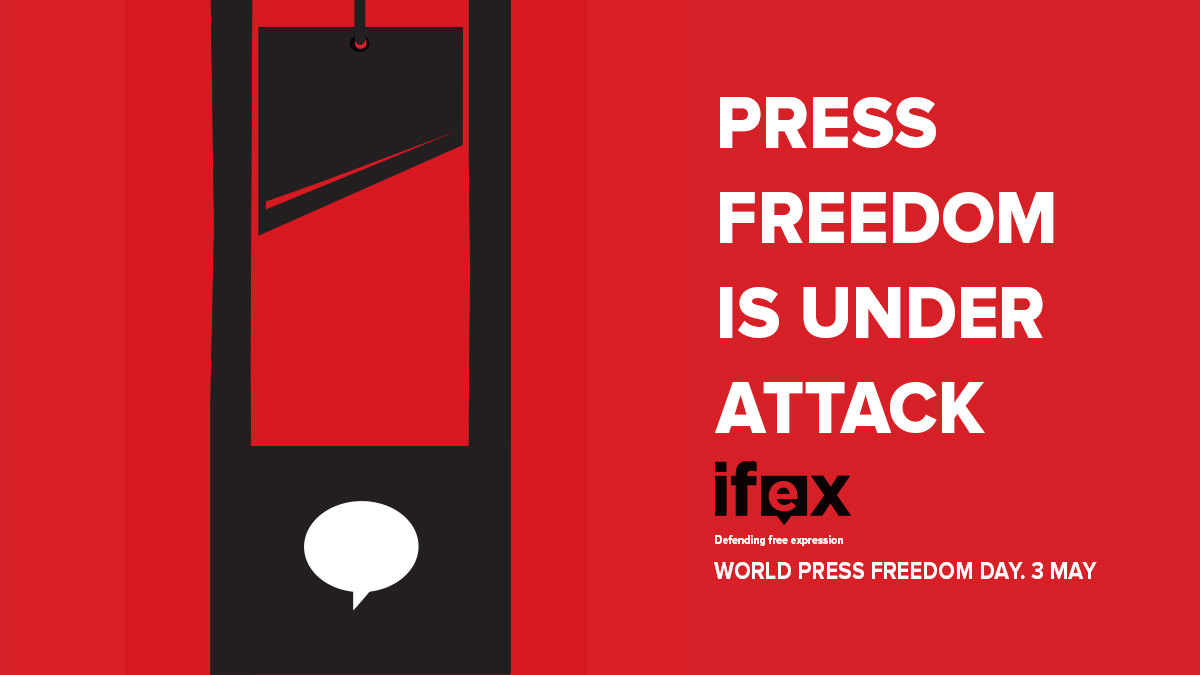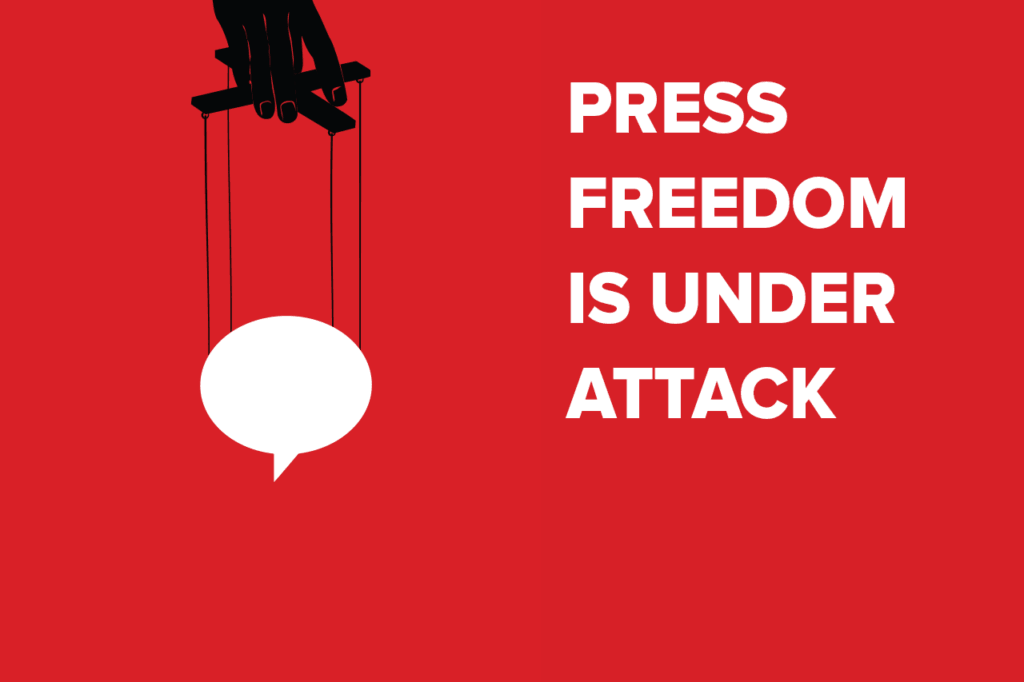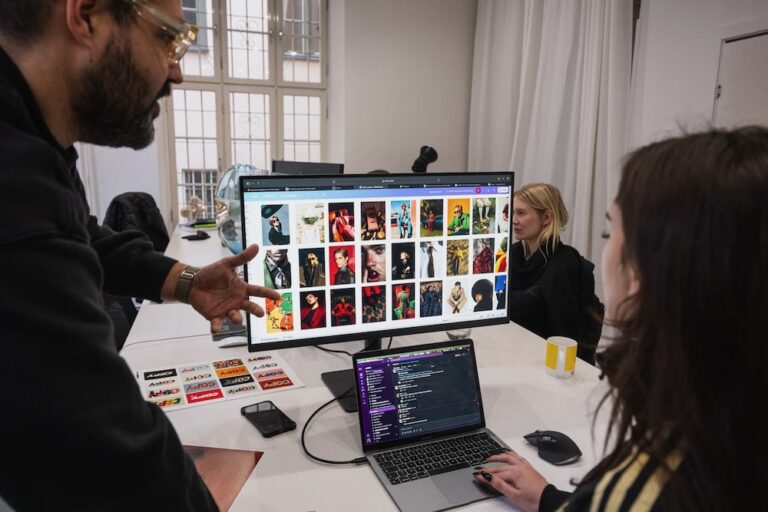Frankly, it has become far too easy to interfere with the media's key role in supporting fair elections and healthy democracies. As the Executive Director of the IFEX network writes, each World Press Freedom Day is an opportunity to renew our vow to make it difficult for those who try to do so.
Events to mark World Press Freedom Day are underway in countries all around the world. Hundreds of people, among them IFEX staff, are travelling to Addis Ababa this week to participate in UNESCO’s event.
The overall theme this year is the role of media in elections and democracy. As relationships go, it’s a complicated one.
For some, casting a vote is the one time they feel like they have the power to make their voice heard. Free and fair elections are essential for any democracy, and media play a critical role as watchdogs, as well as by providing information as to how, where and when to vote.
Outside of elections, media directly support healthy democracies by strengthening informed citizen engagement, holding the powerful to account, and providing access to information in the public interest.
The global reality, however, is that – with some happy exceptions – governments as well as non-state actors are more and more boldly interfering with these roles the media can, and must play in democracies.
Their interference takes many forms.
It can be accomplished by stoking a climate of fear – making sure that journalists know that the cost of exposing abuses of power, corruption or crime, of providing information that the public needs to know about, is losing their livelihoods, their liberty, or their lives.
It can be achieved by shutting down access to the digital channels people increasingly rely on for news, or sowing confusion and disempowerment through a constant stream of disinformation, not just before and during elections, but on a daily basis.
It can also be achieved by flooding the media sphere with propaganda, or fanning the flames of bigotry and hate.
It has become a grim trend. Interference has become too easy.
Our challenge, as press freedom advocates, is to make this more difficult.
The IFEX network and partners and colleagues around the globe are working to promote journalists’ safety and the resilience of media institutions, challenge attempts to shut down the internet and access to social media, and strengthen critical thinking and media literacy.
This is essential. But we need to go further.
These threats are systematically dismantling the credibility of the media, diminishing participation in the democratic process, and slowly clawing away at the intrinsic value of a free press.
A few weeks ago, in a room full of free expression advocates from around the world who were participating in our Strategy Conference in Berlin, Agnès Callamard, UN Special Rapporteur on extrajudicial, summary or arbitrary executions, spoke of her work pressing for accountability in the 2018 murder of journalist Jamal Khashoggi. She shared with us a powerful call to action:
“We need to go beyond resistance, and be disruptive. It can’t be business as usual.”
Let’s resolve to disrupt this unacceptable status quo. Let’s renew our vow to use our passion, our energy and our skills and move beyond resistance to actively change the paradigm, to interfere with attempts to interfere with the media, to obstruct those trying to obstruct the media, and ultimately, to work to create space for a free media to do the job we all need it to do.
IFEX’s 2019 Word Press Freedom Day campaign images illustrate efforts to control or manipulate media, as well as those aimed at silencing them altogether. Our democracies and our ability to uphold and defend human rights are being undermined by these attacks.




